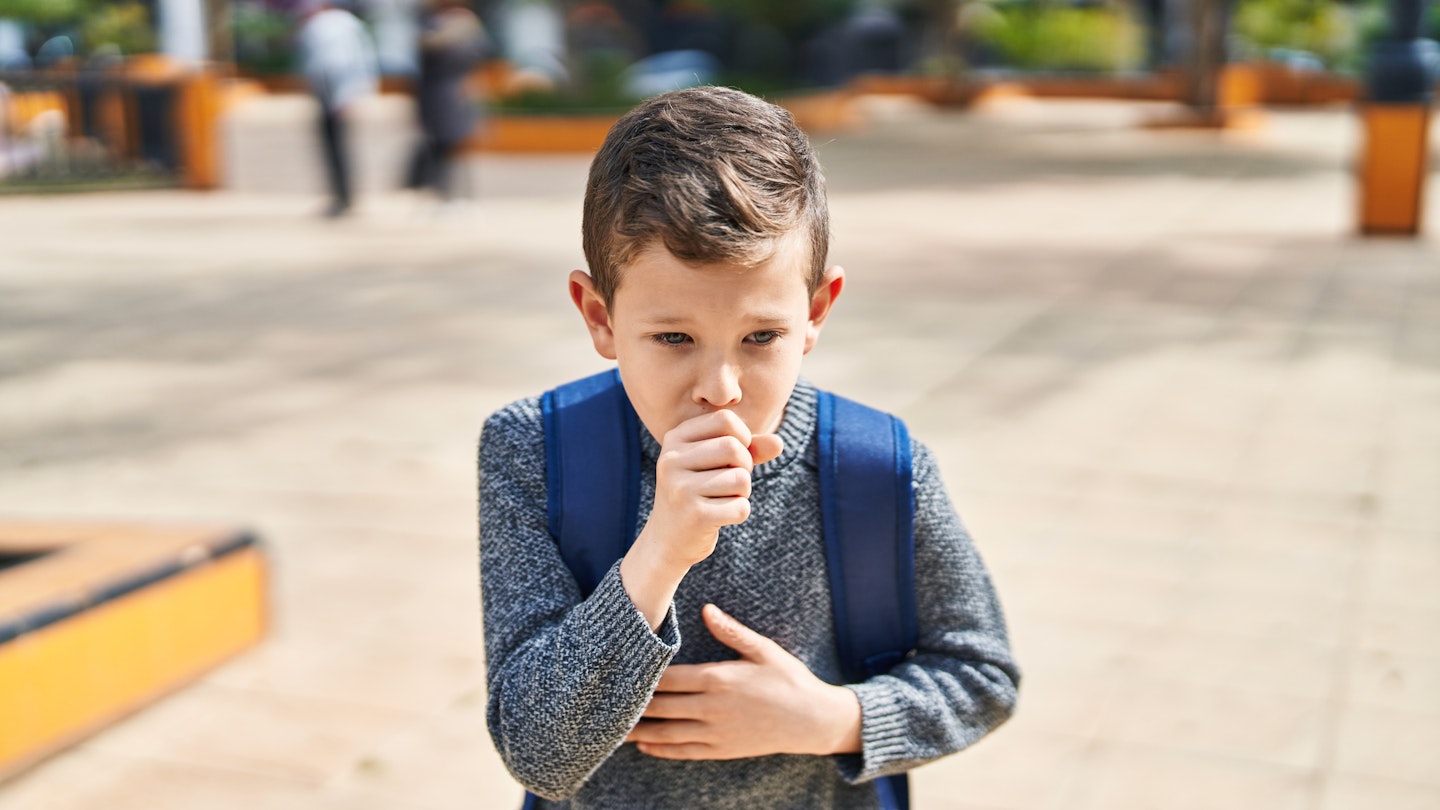Over the weekend, both the government and the Labour party came out to talk about how to tackle the huge rise in school absences - one suggestion that's got people talking is the government's new advice about sending kids to school with coughs and colds.
As a parent who's been repeatedly laid low for months now after your child has brought home every illness under the sun from catching it at school, you might be screaming 'NO THANK YOU!' right now. But the guidelines are designed to tackle the worrying rise of schools absences, which the government say could be a post-covid issue, with parents' attitudes to the importance of school and absence changed by lockdown.
That's because a new YouGov poll, commissioned by the Centre for Social Justice, found over a quarter of parents (28%) agreed the pandemic had shown it was not essential for children to be in school every day. Though, a later question did ask whether they thought it was vital children attend school as much as possible, and 88% of parents agreed.
The number of children persistently absent in England has almost doubled in the last decade - in 2010 it was 567,000 and in 2021 it rose to 894, 444.
The reason behind school absences and the devastating affect of them is a complicated issue, one that was tackled by the popular podcast Terri White: Finding Britain's Ghost Children, which is still available to listen to on BBC Sounds.
This week, the government's initiative to tackle the issue when it comes to absences due to sickness (which has the strapline 'moments matter, attendance counts') has been launched, with them sharing advice from Prof Chris Whitty, England's chief medical officer, and other leading health experts that says children should be sent to school with mild illness.
'There is wide agreement among health professionals and educational professionals that school attendance is vital to the life chances of children and young people,' it reads. 'Being in school improves health, wellbeing and socialisation throughout the life course. The greatest benefits come from children and young people attending school regularly.
'It is usually appropriate for parents and carers to send their children to school with mild respiratory illnesses. This would include general cold symptoms: a minor cough, runny nose or sore throat. However, children should not be sent to school if they have a temperature of 38C or above.'
The government will also fund an 'attendance mentors' scheme in 10 of the worst areas in England to the tune of £15million, which will aim to provide one-to-one support for 3,600 persistently absent children.
Education Secretary Gillian Keegan said: 'The benefits of our success in raising education standards can only be when all children are in school.
'Tackling attendance is my number-one priority. We want all our children to have the best start in life because we know that attending school is vital to a child's wellbeing, development, and attainment, as well as impact future career success.'
Labour said that data shows 28% of secondary school kids in England were 'persistently absent', which means they have missed at least a tenth of school.
In a speech tomorrow (Tuesday) the Shadow Education Secretary Bridget Phillipson is due to lay out her plans for tackling the issue, but over the weekend she told Laura Kuenssberg: 'That is a staggering number of children. It’s damaging their life chances and it’s damaging the life chances of all of the children within the school community too.'
Labour are expected to announce they would bring in more mental health support in secondary schools and universal free breakfast clubs for every primary school pupil in England.
